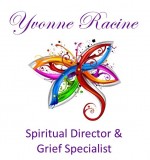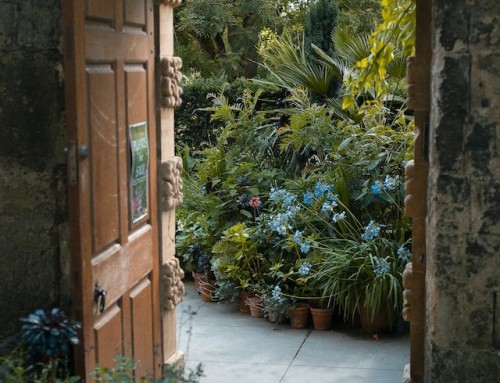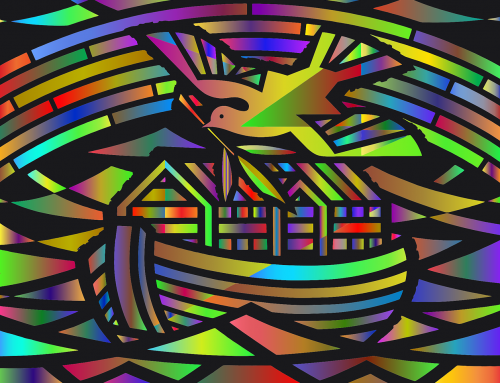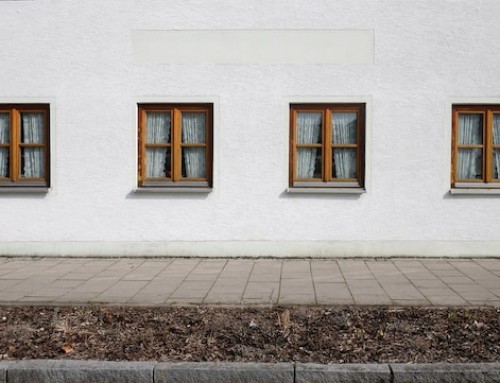My mother was recently diagnosed with Alzheimer’s while getting a geriatric assessment. I have to admit I was a little surprised because though I’ve known for some time she had some form of dementia it wasn’t what I would have thought of as a classic case of Alzheimer’s. We’ve been watching her slip away for the past few years both mentally and physically but she remembers all of her children and she knows where she is when she’s close to home.
The medical community seems to be using the term Alzheimer’s to cover a rather broad range of symptoms these days. My mother doesn’t usually know which day of the week it is or which year it is but then she has little reason to be aware of that in her little world. She’s in an assisted living apartment where she goes to the dining room for two meals a day and she never misses any of those. She does forget special events sometimes but she remembers to take her medication every day without fail.
My siblings and I are quite convinced that Mom’s ‘Alzheimer’s’ is actually drug related. She has been taking prescription narcotics for many years due to chronic hip and back pain. There is no history of dementia in the family, her mother lived to the age of 93 and none of her six siblings have any sign of it. At 87 years of age it doesn’t seem the time to try to wean her off the drugs though so we just have to deal with the consequences.
Dementia is like that, whatever the ‘cause’ may be, in the end you just have to deal with it. As a life celebrant I’ve worked with several families whose loved ones had been suffering from dementia for many years. The feelings of loss start long before the time of death in these cases.
I know I’ve been feeling a sense of loss around my mother for quite some time. We don’t really have conversations anymore; I tell her about what’s going on for me and she listens then asks again a few minutes later. Or she’ll make a comment about the weather and repeat it every few minutes. Her TV shows and the people she has her meals with are her daily companions. Her children and grandchildren come and go but she’s kind of lost interest in many ways. She used to like going out to my sister’s farm or my brother’s acreage for a few days but after a couple of days she just wants to go home now. She has no patience for small children anymore so it makes it difficult to be around her great grandchildren for any amount of time.
This person is not who I knew all my life. My mother was one of the most courageous and giving people I have ever known. She helped to raise her youngest brother then she ended up raising four of us by herself, then she helped raise one of her grandchildren for many years. She has been a responsible person and caretaker all her life so now it’s her turn to be taken care of.
That’s one of the difficult things to accept about dementia, the person you knew is no longer the one who is here. The one who was always the responsible adult is now the dependent one. The tables have turned and it isn’t always easy to accept the shift in roles. When the one you’ve always counted on for support has been replaced with someone whose main concern is themselves it’s a bit of a shock to the system at first. In my mother’s case, I sure don’t blame her, on some level she undoubtedly has had enough of looking after others. She isn’t demanding or anything now but she does need care so it’s up to us to make sure she gets everything she needs.
I have to admit; dealing with my mother’s care does bring up the harsh reality that if I should live long enough to need care I’m kind of hooped. I have no children to pick up the reins for me and I assume my husband will either be dead or in a similar situation. I’m part of the baby boom bubble that is just beginning to burst onto the seniors’ scene so things are likely to get pretty interesting in the health care field.






